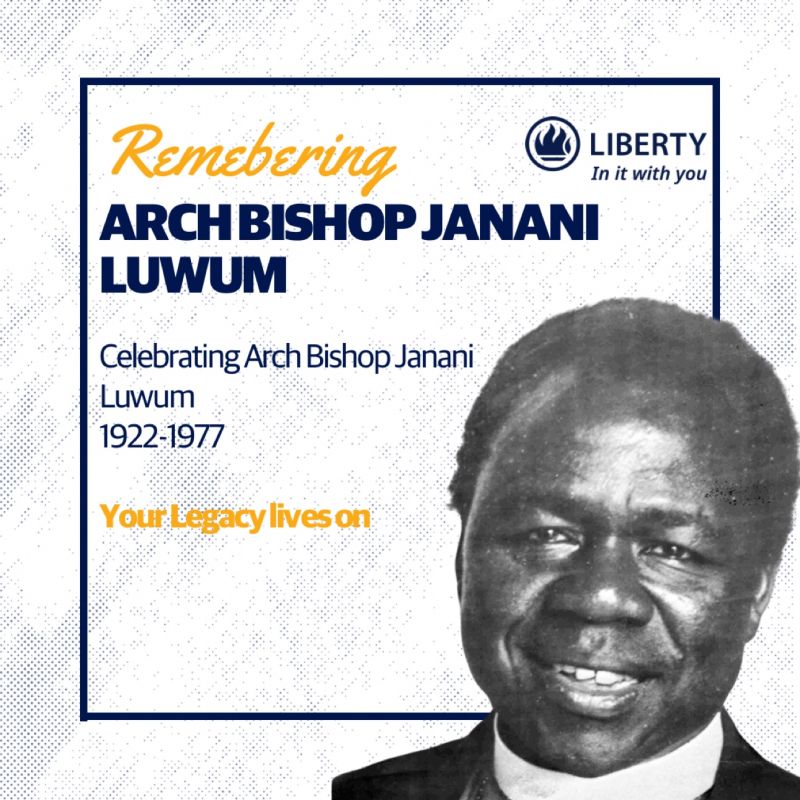Living the Four Words is Tough
Two weeks ago, I invited people to think of 4 words we would use to describe Jesus, and then how these words also described God. Last week we began lent and entered with Jesus into the wilderness. I suggested that for Jesus this was a time of testing his identity as the Beloved Son of God, and how he would live that out. For us it is a time to prayerfully reflect on who are we as the people of God, the God we name using those four words. How do those four words apply to us? What might we need to let go of, fast from, to be made in the image of this God? And what might we need to take up? The gospel writers
understood Jesus – the Beloved Son, to be the way we know God and the means by
which this covenant of renewal would be fulfilled. But the kingdom of God would
not be established by force – that was the test of the wilderness, and is the
test in Mark 8. In Caesarea Philippi
The gospel writers
understood Jesus – the Beloved Son, to be the way we know God and the means by
which this covenant of renewal would be fulfilled. But the kingdom of God would
not be established by force – that was the test of the wilderness, and is the
test in Mark 8. In Caesarea Philippi
– a place build by the Greek conquerors to
honour their god Pan at the source of the Jordan, and then a city built by one
of Herod’s sons to honour Caesar, Jesus renounces the way of violence and will
instead stand with all who suffer at the hands of empire. And that can only
lead to the cross – not what Peter or anyone else was hoping for. And beyond
the cross God’s affirmation of this way in the resurrection.
This week we are
offered two significant pieces of scripture – the restatement of the Abrahamic
Covenant in Genesis 17, and Jesus first teaching that the way of God for Jesus
and us leads to the cross.
Genesis 17 is a shortened
restatement of the promise made in Genesis 12 and Genesis 15. This restatement
leaves out the reason for the blessing, that the many descendants of Abraham
through Isaac would be a blessing to all creation and the means though which
God would restore creation and all who live in it that all might thrive.
Blessed to be a blessing! That’s an important bit of the covenant.

Whose are we, who
are we and what is ours to do this Lent as beloved children of God?
Let me finish with these words from William Loader[1].
“Clearly we are being offered an alternative model of being. It is for our gain, in our interests, to consider it. That is the appeal.… Instead of thinking only of ourselves and believing that it is to our good to gain wealth and avoid any path which leads to suffering, we are being challenged to be generous, giving of ourselves, even when it may mean suffering. The first image of ourselves and our good is to be set aside; instead we are to embrace the way of Jesus, of self giving love. Then we will find ourselves, our true selves. The merging of our will and being with God’s will and being, and therefore with love which cares for others as well as for ourselves, is the way of discipleship. It is also the way to real humanness - and the way of Jesus, and ultimately also of God!”
May this lent
continue to be a time of making room to listen so that we might find our true
selves in God’s will and being.
[1]
http://wwwstaff.murdoch.edu.au/~loader/MkLent2.htm



Comments